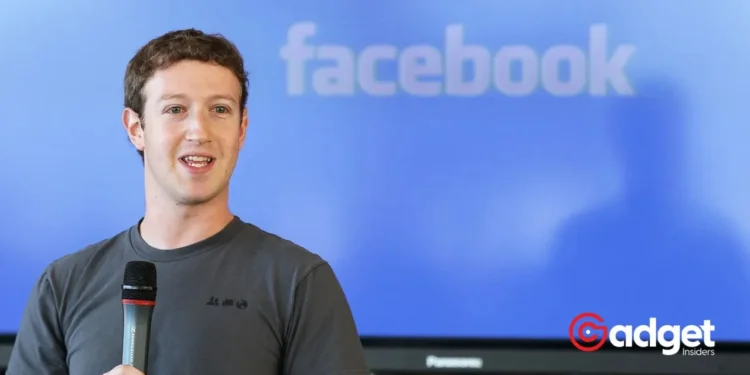In an age where our digital footprints trail behind us like shadows, the death of a loved one can morph these shadows into haunting reminders, leaving families grappling with grief both offline and online. The phenomenon of deceased individuals’ Facebook and other social media accounts remaining active, sometimes eerily reaching out from beyond the grave, casts a spotlight on the complex interplay between digital legacy and grief.
Deceased Facebook Accounts: A Tale of Unexpected Reconnections
Imagine the bewildering mix of emotions that comes with receiving a friend request from someone who has passed away.
This exact scenario unfolded for me not once, but twice, involving a relative named Carolyn who succumbed to COVID-19 complications in 2020. Despite her age of 96, Carolyn had been an active Facebook user, a platform that later served as a digital memorial for her family to reminisce and celebrate her life.
Carolyn’s posthumous activity on Facebook was not a miracle of the digital age but the work of what is known as “digital grave robbers”. These hackers, targeting the accounts of the deceased, thrust families back into the throes of grief, as they witness their loved one’s digital identity being misused.

The Emotional and Psychological Impact
The reactivation of Carolyn’s account serves as a stark reminder of the emotional toll such incidents can inflict. For Jack, Carolyn’s son, the revelation of his mother’s account being compromised was deeply unsettling.
“[I] certainly [felt] a sense of violation,” he states. “My most pressing concern was for some of my siblings who live farther away and [had] relied on Facebook for keeping in touch with Mom. I didn’t want them to see a hacked post.”
The digital resurrection of loved ones can stir a cauldron of emotions, rekindling grief and complicating the mourning process. It challenges the very notion of closure, leaving families to navigate the unsettling waters of seeing their deceased loved ones’ online personas taken over by strangers with malicious intent.

The Lucrative Underworld of Digital Grave Robbing
But why would anyone target the social media accounts of the deceased? The answer lies in the lucrative potential of digital assets.
A study highlighted that the average person’s digital assets could be valued at around $35,000, a treasure trove for hackers. From exploiting the identities of celebrities to orchestrating scams using non-celebrity accounts, the digital afterlife is fraught with vulnerabilities.
Experts like Dr. Tamara Kneese and Dr. Faheem Hussain shed light on the darker facets of this phenomenon, from deepfakes to extortion schemes targeting grieving families. The digital realm offers a new frontier for exploitation, transcending traditional notions of privacy and theft.
You know what would be really wrong but also semi hilarious? Every time someone posts on Facebook that a person died, you turn around and send the deceased person a friend request just to see if someone accepts it or not. It’s morally wrong, but super odd if gets accepted. Right?
— Jason Harwood (@jasonhharwood) August 3, 2023
Protecting Digital Legacies
In response to these challenges, Facebook and other social media platforms have introduced mechanisms like the Legacy Contact feature, allowing users to designate someone to manage their accounts posthumously.
This feature, while not a panacea, represents a step towards safeguarding digital legacies and providing families with a sense of control and security.
The process of memorializing an account, as shared by Jen Ridings of Facebook, highlights the platform’s efforts to address the nuances of digital bereavement. Yet, with a rising backlog of memorialization requests exacerbated by global events like the COVID-19 pandemic, the challenge of managing digital legacies remains daunting.

A Reflection on Our Digital Afterlives
The saga of Carolyn’s Facebook account, from a cherished space of memory to a target for digital exploitation, underscores the evolving challenges of our online lives. As we navigate the digital age, the stories of individuals like Carolyn and her family remind us of the pressing need to consider the legacy we leave behind in the virtual world.
The intertwining of grief, memory, and digital identity calls for a nuanced understanding and approach to managing our digital footprints, ensuring that our online legacies echo our real-life values and memories.
In doing so, we can hope to protect the digital echoes of our loved ones, preserving their memory in the digital age while safeguarding against the unseen threats of the online world.










